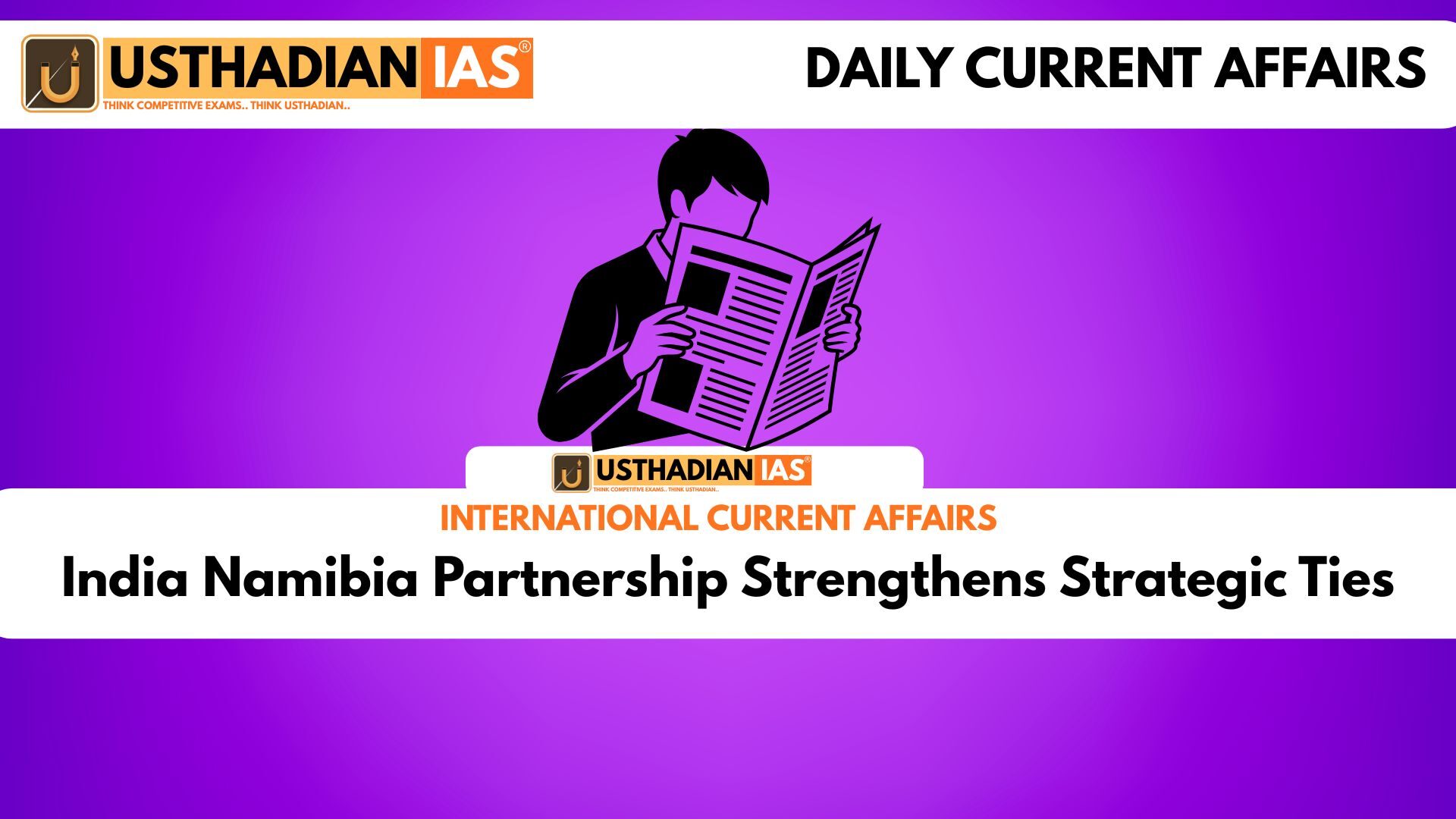India’s renewed commitment to language tech
India Rejoins Unicode Consortium for Global Language Support: India has officially rejoined the Unicode Consortium as a Supporting Member through the Ministry of Electronics and Information Technology (MeitY). This decision marks a key step in reinforcing India’s position in the global conversation around digital text standardisation and multilingual computing.
What the Unicode Consortium does?
The Unicode Consortium is a non-profit body responsible for creating and maintaining the Unicode Standard. This standard helps represent characters from all global scripts, ensuring consistent text encoding across devices and platforms.
Static GK fact: The Unicode Standard was first released in 1991 and now covers over 150 modern and historic scripts.
India’s early involvement
India has been associated with Unicode since 2000 under the Technology Development for Indian Languages (TDIL) programme. This initiative aimed to integrate Indian scripts into the digital framework and encourage linguistic diversity in computing.
Static GK Tip: The TDIL programme is a long-standing effort by MeitY to promote language computing tools in Indian languages like Devanagari, Tamil, Telugu, and Bengali.
Key details of the new membership
Under the Supporting Member status, India contributes an annual fee of $20,000 (about ₹17 lakh). This gives MeitY half a vote in the Unicode technical committee, which meets both online and in the United States to decide on script and emoji standards.
Static GK fact: The Unicode Technical Committee is the primary decision-making body that approves new characters, emojis, and language-related proposals.
Addressing challenges
India’s renewed engagement comes amid criticism over inactive participation. For example, the Tamil Virtual Academy, which became a Unicode member in 2003, has not contributed actively since 2016. This raises concerns over India’s influence in Unicode decisions.
Strategic importance for India
With this rejoining, India becomes one of only two governments worldwide with voting rights in Unicode. This enables the country to actively push for inclusion of Indian scripts, emojis, and language-specific improvements, boosting the digital presence of regional languages.
Looking forward
The move could inspire state governments and academic institutions to become more involved in Unicode matters. This renewed engagement also aligns with India’s goal of preserving linguistic diversity through digital means.
Static GK Tip: India is home to 22 official languages and over 120 major languages, making digital representation crucial for accessibility.
Static Usthadian Current Affairs Table
India Rejoins Unicode Consortium for Global Language Support:
| Topic | Detail |
| Rejoining Organisation | Unicode Consortium |
| Status | Supporting Member |
| Governing Body | Ministry of Electronics and Information Technology (MeitY) |
| Annual Membership Fee | $20,000 (approx ₹17 lakh) |
| Voting Rights | Half vote in technical committee |
| Initial Participation Year | 2000 |
| Key Programme | Technology Development for Indian Languages (TDIL) |
| Concerned Entity | Tamil Virtual Academy (inactive since 2016) |
| Importance | Promotes Indian scripts in global digital standards |
| Global Role | One of only two governments with voting rights in Unicode |








